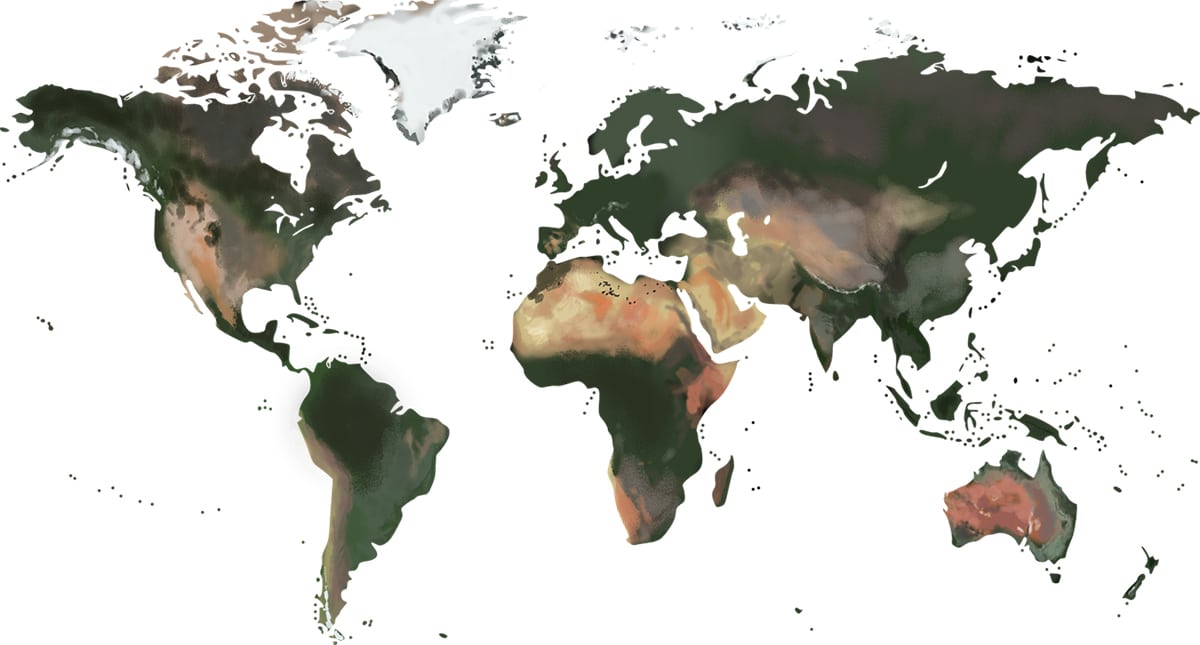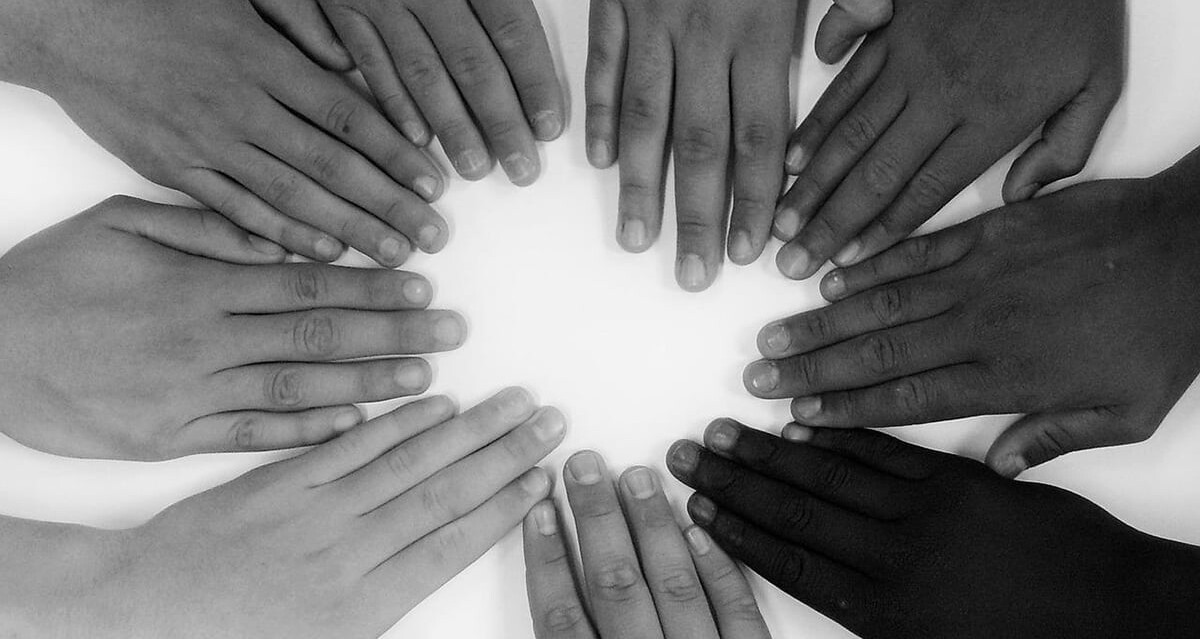
On many occasions we hear about the state or the nation, but really these two terms are not the same. Although the difference is very clear, both concepts are often somewhat confusing due to their similarities. In fact, it is quite common to hear both terms as synonyms, when in fact they are not. That is why we will explain in this article what is the difference between state and nation
So that we can understand both concepts well and differentiate them, we will first explain what relationship do they have between them and what each word means. Then we will comment on the main differences between State and nation. If you are not entirely clear what distinguishes both concepts, do not hesitate to continue reading.
What is the relationship between the state and the nation?
Although it is true that both terms are closely linked, there is a difference between State and nation. Basically, the former refers to a political organization belonging to a certain territory, such as Spanish. Instead, the nation represents a set of people belonging to that same territory, which would be the Spanish in the previous example.
Having roughly clear what is the main difference between State and nation and the relationship they have, let us now see what each thing is more specifically.
What is a nation?
Let's start by explaining what exactly a nation is. In this case we refer to a group of people who have a series of elements in common, such as territory, ethnicity, culture, language or history. Generally, these people group together in order to form a region or a state through which they represent their sovereignty.
According to political science, There are two different definitions of nation, as it was composed. German tradition dictates that a nation is a group of people who have various characteristics in common, without being aware of this fact. On the other hand, the French tradition affirms that a nation is made up of all those people who intend to live in the same community, despite having some differences.
Apart from these definitions, there is also the so-called "culture nation". In this case, the State is built through the union of diverse people who have shared feelings and characteristics. They are usually the States created by nationalist movements or that have achieved independence from others.
What is a State?
When we speak of a State, we refer to a political organization that has sovereign and administrative power over a given territory. Therefore, it is able to dictate mandatory laws and regulations for all citizens. Although it is true that it is a superior organization, the State cannot skip the rules that it has dictated. It should be noted that democracy in these cases is usually quite solid.
Usually, A State has the characteristics that we will list below:
- It is an administrative and political organization.
- It has a timeless character.
- It is made up of three constitutive elements: Territory, Government and population.
- It is built on a certain territory.
- It is under the direction of the Government.
- It has a total of three powers: Executive, judicial and legislative.
- It is a subject of law.
- It has both national and international obligations and rights.
The main differences between the state and the nation

Now that we are clear about what both concepts are, let's see what the main differences between State and nation are. The most representative and obvious is that the State is the whole of a given country, from an institutional, political and organizational point of view. Therefore, in this case we refer to the political characteristics of the territory in question.
Instead, the nation refers to the people who make up that organizational structure, we could say that it is the “soul” of the State. As we have already mentioned before, a nation is made up of people who share history, culture, traditions or language. However, it can also be made up of individuals who express the desire to live together without sharing the above elements. Therefore, it could be said that the State is a merely political concept, while the nation is a rather sociological and historical concept.
Apart from this difference between State and nation, there are others that distinguish both concepts. For example, States create rules and laws that are mandatory. This power does not have the nations, but they do have rules, traditions and customs that are followed even if they are not written.
Another difference between State and nation is that the former is based on one nation, or several, while nations are not required to be part of a State. In fact, there are many nations that do not have a state. Apart from forming this political organization, they can also create other territorial entities, such as villages, communities or regions.
As you can see, there is not a single difference between State and nation, but several, which means that both concepts, no matter how closely related they are, are clearly different.
